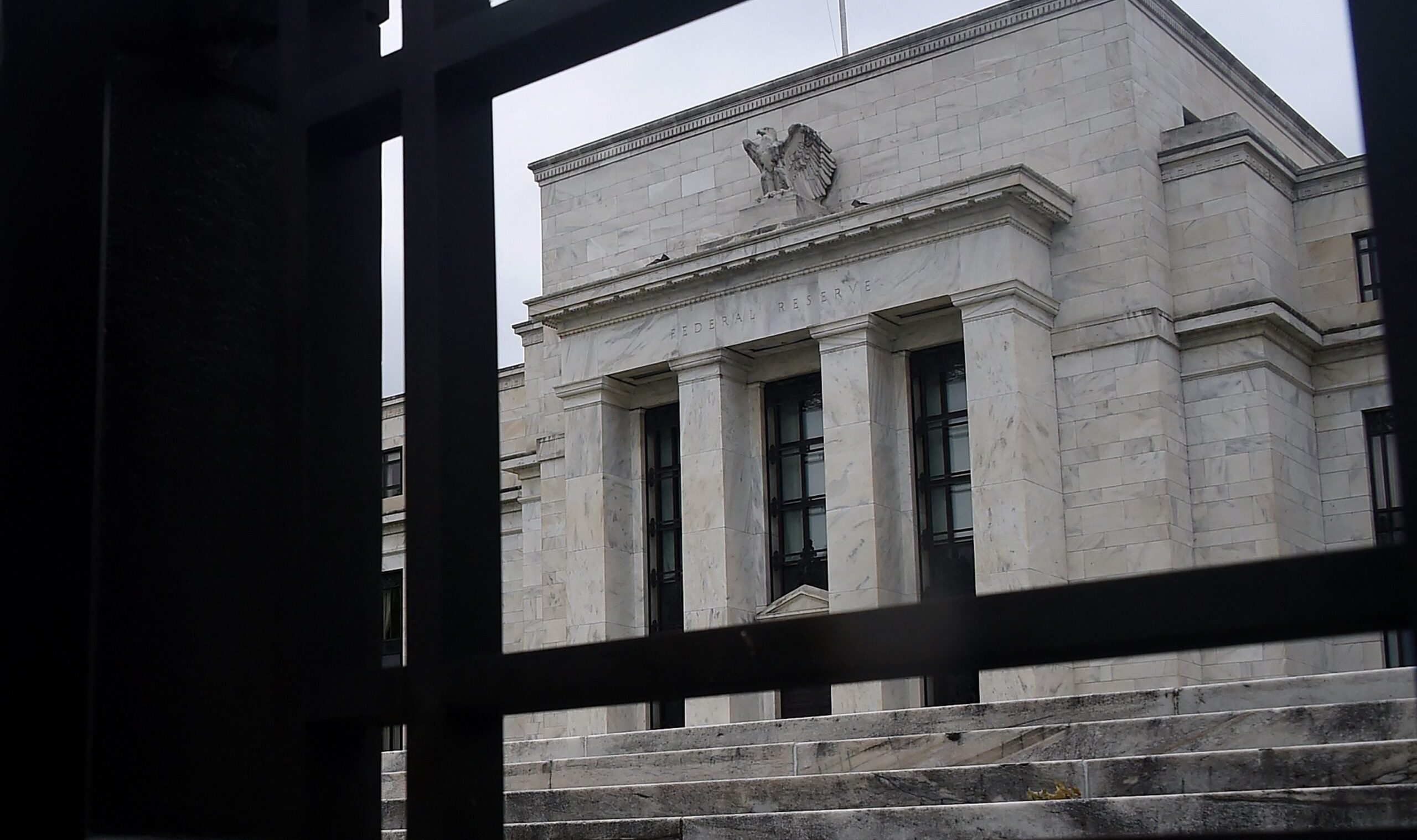The Return of Fromm’s Fear Of Freedom
I enjoyed Daniel McCarthy’s lament for what he sees as a Protestant temperament run amok, but I think his thesis proves too much as well as too little.
 Yes, there is a biblically-inspired pushback against accepting the theory of evolution, as well as against accepting the contemporary understanding of homosexuality, and so forth. But there is no comparable biblically-inspired movement to get Christians to kasher their meat even through Christians are explicitly prohibited from eating blood (the reason being that blood is life, and blood had salvific powers in the context of Temple service, hence eating blood is a kind of blasphemy or idolatry).
Yes, there is a biblically-inspired pushback against accepting the theory of evolution, as well as against accepting the contemporary understanding of homosexuality, and so forth. But there is no comparable biblically-inspired movement to get Christians to kasher their meat even through Christians are explicitly prohibited from eating blood (the reason being that blood is life, and blood had salvific powers in the context of Temple service, hence eating blood is a kind of blasphemy or idolatry).
On the other hand, a refusal to accept the theory of evolution is a feature of a variety of religious fundamentalisms, and not only in America. Heck, I’ve heard Lubavitch Hasidim defend heliocentrism geocentrism [whoops!], on the grounds that anything in Maimonides cannot be refuted by subsequent science.
If Protestantism means anything, it means elevating scripture over tradition – but our historical moment is about anything but a return to the text, anything but a flowering of individual and counter-traditional interpretations. We don’t see a profusion of novel theologies springing up to compete with official doctrine; rather we see a narrowing and homogenizing of both theological and social options into highly predictable paths. And, again, this is a process happening around the world – it’s happening in Islam and in Hinduism as well.
What McCarthy calls “Protestantism” is probably better called “modernity,” a condition which transcends religious and national boundaries and which, while it may have its ultimate roots in the breakdown in Christian unity, no longer meaningfully draws nourishment there. By stressing those Protestant roots, McCarthy’s argument becomes a version of the argument made more than half a century ago by Erich Fromm – which isn’t really a criticism, but I think at this point we have the cross-cultural basis for broadening that thesis, and thinking about it outside of an exclusively Christian context.
The real question, it seems to me, is to what extent the process driving fundamentalism (the reaction to modernity which McCarthy is lamenting) is psychological and to what extent it is social. That is to say: do people feel adrift because we live in an age without an Idea that Makes Sense of Reality, and therefore they take refuge in faddish notions that appear to provide the solid foundation that a traditional society once provided, but modernity cannot; or do people feel adrift because of the pace of change in social organization itself, a pace that might be expected to slacken as society settles into new forms, particularly if the pace of technological change slackens over time.
I don’t think I’m making a trivial distinction. Deep social structures that provide a sense of meaning to life are not imposed; they grow – that’s why we call them “organic.” If the problem is that these forms are unable to grow in the world we are building, or simply that they haven’t grown much yet because they haven’t had much time to do so, then the challenge isn’t to come up with a Big Idea that can provide us poor mortals with Grounding, but simply to make it, at the margins, easier for social structures that work for people to grow, and trust that they will grow, even if what grows doesn’t look precisely like what grew in earlier generations.
If, on the other hand, the problem is that people have this Wrong Idea of the priesthood of all believers, or what-have-you, then the temptation would be to correct this Wrong Idea. Personally, I would argue that this impulse is precisely what drives the “traditionalist Catholic Protestants” that McCarthy criticizes in his own piece.
My own perspective on this whole question has been to argue for a liberalism that is both more confident and more humble than the hegemonic liberalism we have today in America. More confident, in that should be willing to stand up for believing in actual specific goods – such as the integrity of science – rather than maintaining a passive-aggressive pretense to value-neutrality – and more humble in that it should not only begrudgingly tolerate illiberal dissent (on the grounds that every individual has the right to be wrong) but should actively nurture subcultures that reject this or that liberal premise (such as the notion that sexual autonomy is a paramount value) because liberalism isn’t a comprehensive social answer to human needs. I think a liberalism like that would do a better job of defending the authority of its own clerisy, and also do a better job of nurturing the kind of cultures that resist the kinds of intellectually-leveling fundamentalisms that McCarthy and I both worry about.
